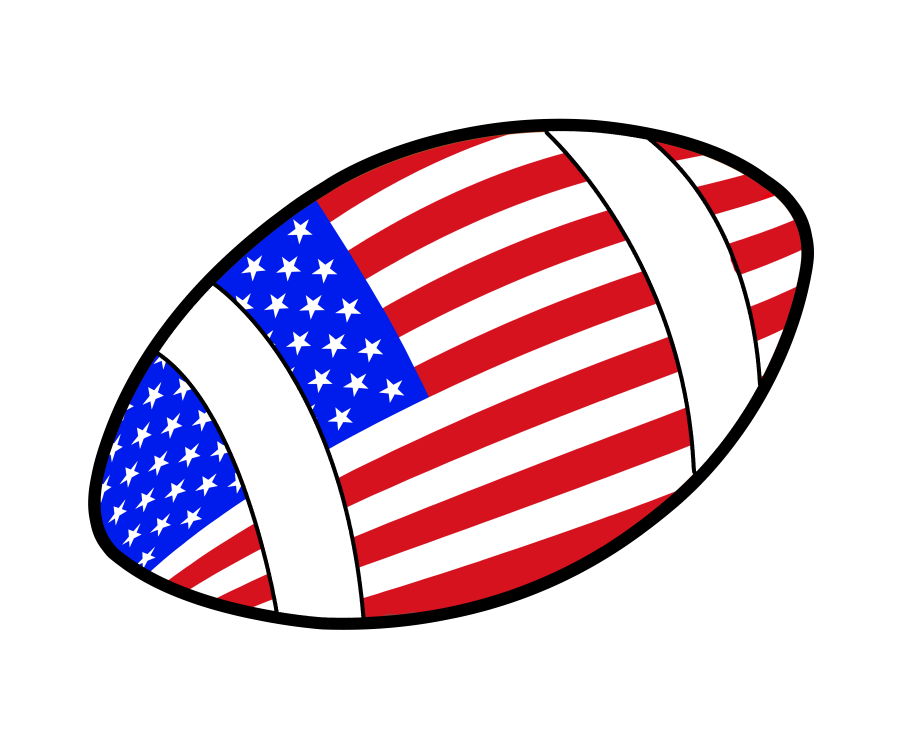Colin Kaepernick’s “outrageous” actions spark collateral damage for his country and his profession
September 8, 2016
Megan Grossman, Contributing Writer
San Francisco 49ers quarterback, Colin Kaepernick, submerged himself in controversy after refusing to stand during the national anthem prior to the start of a preseason game against Green Bay last week. He reportedly did so in protest of police brutality and racial injustice.
“I am not going to stand up to show pride in a flag for a country that oppresses black people and people of color,” biracial Kaepernick said in a press conference on Aug. 26. “To me, this is bigger than football, and it would be selfish on my part to look the other way.”
To add more fuel to the fire, his act of denunciation occurred on a game night specifically honoring the men and women of our military.
Although his ongoing protest has been altered to include taking a knee in deference to the military, his decision not to stand for the national anthem remains a point of contention, as have photos of him wearing socks depicting pigs in police hats.
A surfaced Santa Clara Police report states Kaepernick “threatened our harmonious working relationship” between the off-duty police officers that volunteer to work as stadium security. The report also categorized his statements regarding racially motivated police brutality as “insulting, inaccurate, and completely unsupported by any facts.” In fact, the Washington Post’s established database reports that of the 1,502 individuals shot and killed by on-duty police officers from January 1, 2015 to July 10, 2016, 732 were white, 381 were black, and 382 were other races or unknown. Criminal professor and author Peter Moskos reports that, of the reported fatal shootings by officers between May of 2013 and April of 2015 49 percent are white, 30 percent are black, 19 percent are Hispanic, and 2 percent are other races.
News of Kaepernick’s actions struck me as outrageous; as an American, I have had great reason to take pride in my country, and I feel indebted to those who have fought and are currently fighting for my freedom. For most Americans, the national anthem and the American flag stand as unifying pillars of patriotism. In my humble opinion, Kaepernick’s actions towards a complex issue, while perhaps well-intended, sparked collateral damage for both a country and a profession that greatly support him.
Rather than speaking to the injustices of minority socioeconomics, this $19 million-a-year player chose an accusatory and divisive stance that disrespected the traditions of the game of football, the game that assures his daily comforts. Perhaps realizing this, he has now retrospectively stated that he will donate his first million dollars earned this season to unspecified community organizations. However, he continues to steal a forum for preaching his personal agenda while representing the 49ers and the National Football League. He directly affronts the members of the armed forces that secure his freedom to do so. Would he think it appropriate for professionals in other settings to make political statements while providing a service?
Kaepernick’s actions have resulted in mixed reactions. Fellow players Jeremy Lane and Eric Reid have joined him in ongoing refusals to stand for the national anthem. Retired football player Rodney Harrison, on the other hand, harshly criticized Kaepernick, stating that “if he really wants to make change, sitting his butt down, that’s not going to change … I tell you this, I’m a black man. And Colin Kaepernick—he’s not black. He cannot understand what I face and other young black men and black people face.”
Though difficult to control the voice of outrage regarding the foundation and target of Kaepernick’s concerns, it does not escape me that to further contest his protest, I would be similarly denouncing another pillar of the United States: that of constitutionally-guaranteed freedom of thought and expression. As a white citizen, I cannot profess full understanding of a minority perspective. Nor do I have a defense for the instances of unarguably extreme social injustice that Kaepernick has put forth in subsequent statements, except to say that the unjustified police killings remain isolated instances and, according to statistics, across all races. Other aspects of violent crime remain the predominant threat to black Americans and all citizens at large.
What I do understand is that a country divided ultimately falls, and for Kaepernick to attack the very aspects that are traditionally most unifying is counterproductive to the advancement of all perspectives. True, he has started a conversation with professed intent towards progressive change. However, he has also initiated a divisive firestorm which is damaging to his cause. I suggest that the recent actions of Jamaican track star, Usain Bolt, drew far more attention to the cause of unity and equality among the diverse. At the recent summer Olympics, Bolt temporarily suspended a post-win interview in respect for the national anthem, which was being played for an American champion. This impressed me as the type of action that is premised on respect and inspires betterment. Even Bolt, not a citizen of this country, recognizes the importance of tradition and sanctity of patriotic symbols. I believe that Kaepernick should focus similarly on bringing about the change he wishes to see in the world through constructive, as opposed to destructive, protest.






















